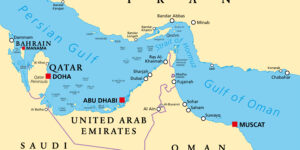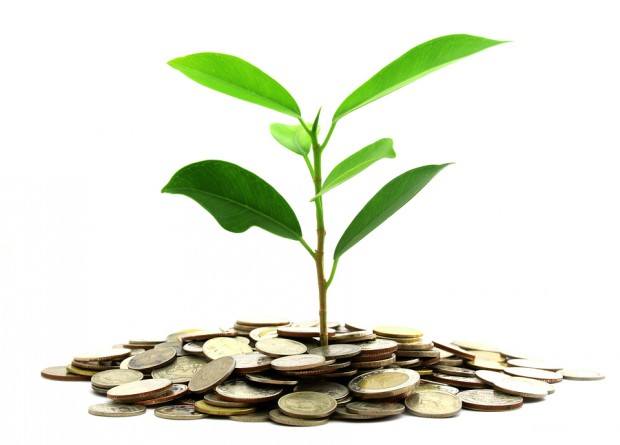Allianz SE, Europe’s largest insurer, is considering expanding its business of buying carbon emission credits after getting enough of the certificates from a project in Indonesia to help offset its own emissions.
“Now it’s a question of whether to scale up,” Nicolai Tewes, a spokesman at Allianz in Munich, said today by phone. “We think it’s an investment opportunity” depending on the availability of projects and willing buyers, he said.
The insurer bought credits created by the Rimba Raya project in Borneo, a tract of land set aside to prevent deforestation on the Indonesian part of the island, the company said today in a statement. The reserve will prevent 90 million metric tons of emissions over 30 years, Tewes said without providing details of the deal, including the volume of credits.
Voluntary emission reductions are tradable certificates that allow companies or individuals to compensate for their emissions. One credit is equivalent to one ton of carbon dioxide. Companies voluntarily buy credits to show they take climate protection seriously, Tewes said.
Allianz could invest in emission-reduction projects on behalf of its clients, he said.
Voluntary credits similar to those issued by Rimba Raya trade for about 6 euros ($8) to 8 euros a metric ton, Tewes said. That’s about a 38 percent premium to the cost of European Union carbon permits on the ICE Futures Europe exchange in London, where prices have slumped 82 percent since 2008 due to a glut.
Rimba Raya generated 2.2 million verified carbon units from July 1, 2009, through June 30, 2010, the project’s first year, according to a statement from SCS Global Services, the independent auditor hired to verify the reductions.
Allianz’s Rimba Raya investment means it may have more offsets than needed, and may seek to sell surplus credits by next year, he said. Tewes said.
Editors: Andrew Reierson, Rob Verdonck





















 Berkshire Hathaway Profit Falls; Insurance Income Lower for GEICO, Other Ops
Berkshire Hathaway Profit Falls; Insurance Income Lower for GEICO, Other Ops  Viewpoint: Runoff Specialists Have Evolved Into Key Strategic Partners for Insurers
Viewpoint: Runoff Specialists Have Evolved Into Key Strategic Partners for Insurers  Why Claims AI Build vs. Buy Decisions So Often Miss the Mark
Why Claims AI Build vs. Buy Decisions So Often Miss the Mark  Beyond Automation: The Emerging Role for Contextual AI in Insurance
Beyond Automation: The Emerging Role for Contextual AI in Insurance 